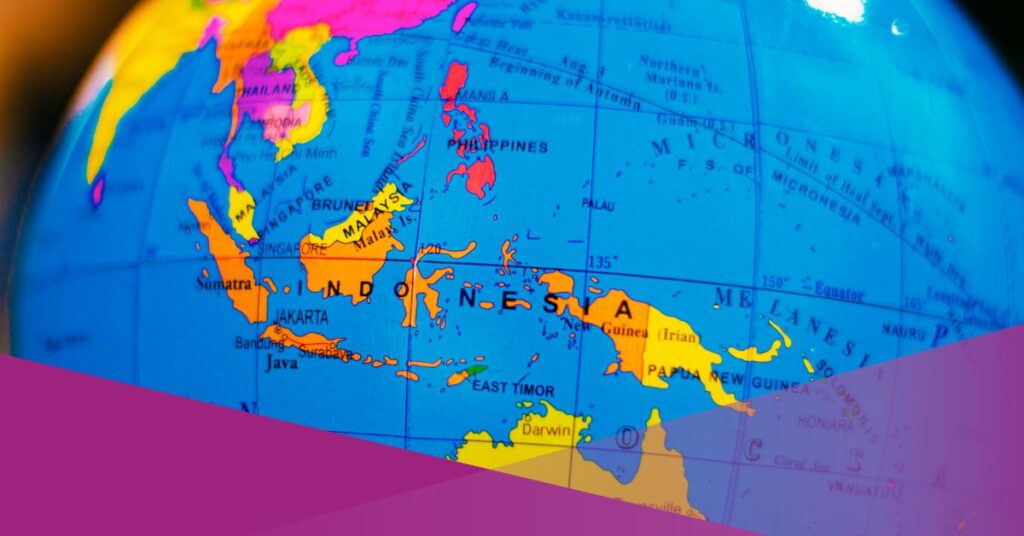Indonesia and South Africa have formally agreed to implement a reciprocal visa-free policy for their citizens.
Vice President Gibran Rakabuming Raka confirmed the announcement during the Indonesia–Africa CEO Forum at the Saxon Hotel in Johannesburg on Friday, 21 November 2025.
Gibran was in South Africa to attend the G20 Summit on behalf of President Prabowo Subianto.
In his remarks to business leaders from both countries, Gibran stated: “No more visas.” He said the decision was a follow-up to discussions between President Prabowo Subianto and South African President Cyril Ramaphosa during their meeting at the Merdeka Palace in Jakarta in October.
According to a report by Voice of Indonesia, the agreement reflects a commitment made by the two heads of state to remove visa requirements for Indonesian and South African citizens travelling between the two nations.
The announcement marks a significant policy shift intended to simplify cross-border mobility for tourism, business, and official engagements.
Speaking in English during his address, Gibran said, “President Ramaphosa’s visit to Indonesia a few weeks ago reflects the close cooperation between the two countries. The two Presidents agreed to visa-free entry, so I think this is good news for all of you, no more visas.”
Policy Stems from High-Level Bilateral Talks
Gibran also noted that the meeting between President Prabowo and President Ramaphosa aimed to strengthen cooperation in priority sectors. He said the two leaders discussed opportunities to expand collaboration in agriculture and energy.
“And also to encourage trade and investment in agriculture and energy,” Gibran stated.
He highlighted Indonesia’s interest in developing deeper engagement with African nations, underscoring the strategic relevance of the continent in future economic partnerships.
The new visa-free arrangement is part of broader diplomatic efforts to enhance bilateral relations. Officials from both countries have said in previous public statements that simplified entry procedures could support increased travel for businesses, government delegations, and tourism.
While implementation details have yet to be publicly outlined, Gibran’s confirmation signals that both governments have reached a formal agreement at the policy level. Further technical regulations are expected to follow through the respective immigration authorities.
































